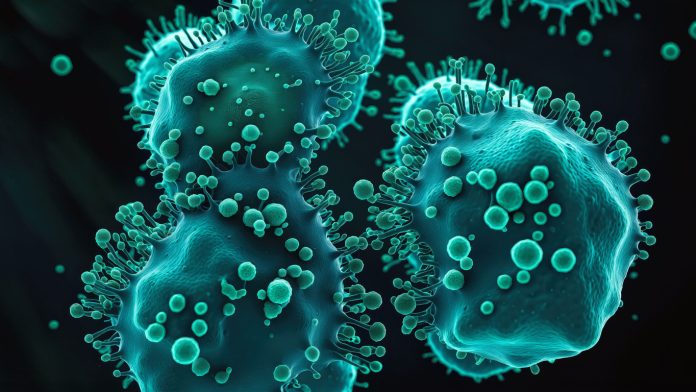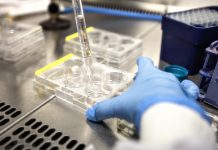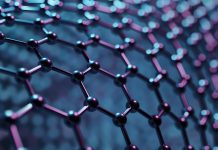Researchers at the University of North Carolina at Chapel Hill, led by Ronit Freeman from the Applied Physical Sciences Department, have successfully created artificial cells capable of mimicking natural cellular behaviour
Their work holds promise for advancing regenerative medicine, drug delivery systems, and diagnostic technologies.
Mimicking our body cells
The study revolves around manipulating DNA and proteins, the fundamental building blocks of life, to construct cells that closely resemble body cells in appearance and function.
Unlike traditional cells, these have a dynamic cytoskeleton, enabling them to adapt to changes in their environment effectively.
“DNA does not normally appear in a cytoskeleton,” Freeman says. “We reprogrammed sequences of DNA so that it acts as an architectural material, binding the peptides together. Once this programmed material was placed in a droplet of water, the structures took shape.”
Creating cells for specific functions
These new artificial cells expand our understanding of cellular biology and open the door to many practical applications.
The ability to program DNA in this way allows scientists to engineer cells tailored for specific functions and responses to external triggers.
These artificial cells show great stability, even under extreme conditions such as 122 degrees Fahrenheit, an environments typically unsuitable for natural cells. This resilience indicates their potential for applications in extreme industrial or space settings where traditional cells would struggle.
Using these cells within other industries
This adaptability holds promise for manufacturing smart materials that respond to their surroundings, revolutionising fields like biotechnology and medicine.
Freeman envisions a future where these synthetic cells exceed the limitations of biology, offering distinctive capabilities for materials science and engineering.
Looking ahead, the team aims to refine their technology further, exploring diverse peptide and DNA combinations to expand the versatility of these synthetic cells. This interdisciplinary approach holds the potential for creating innovative solutions in tissue engineering, drug development, and beyond.
“This research helps us understand what makes life”
Freeman summarises, “This synthetic cell technology will not just enable us to reproduce what nature does, but also make materials that surpass biology.”














